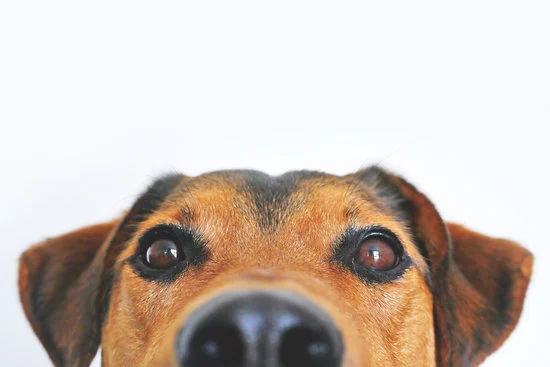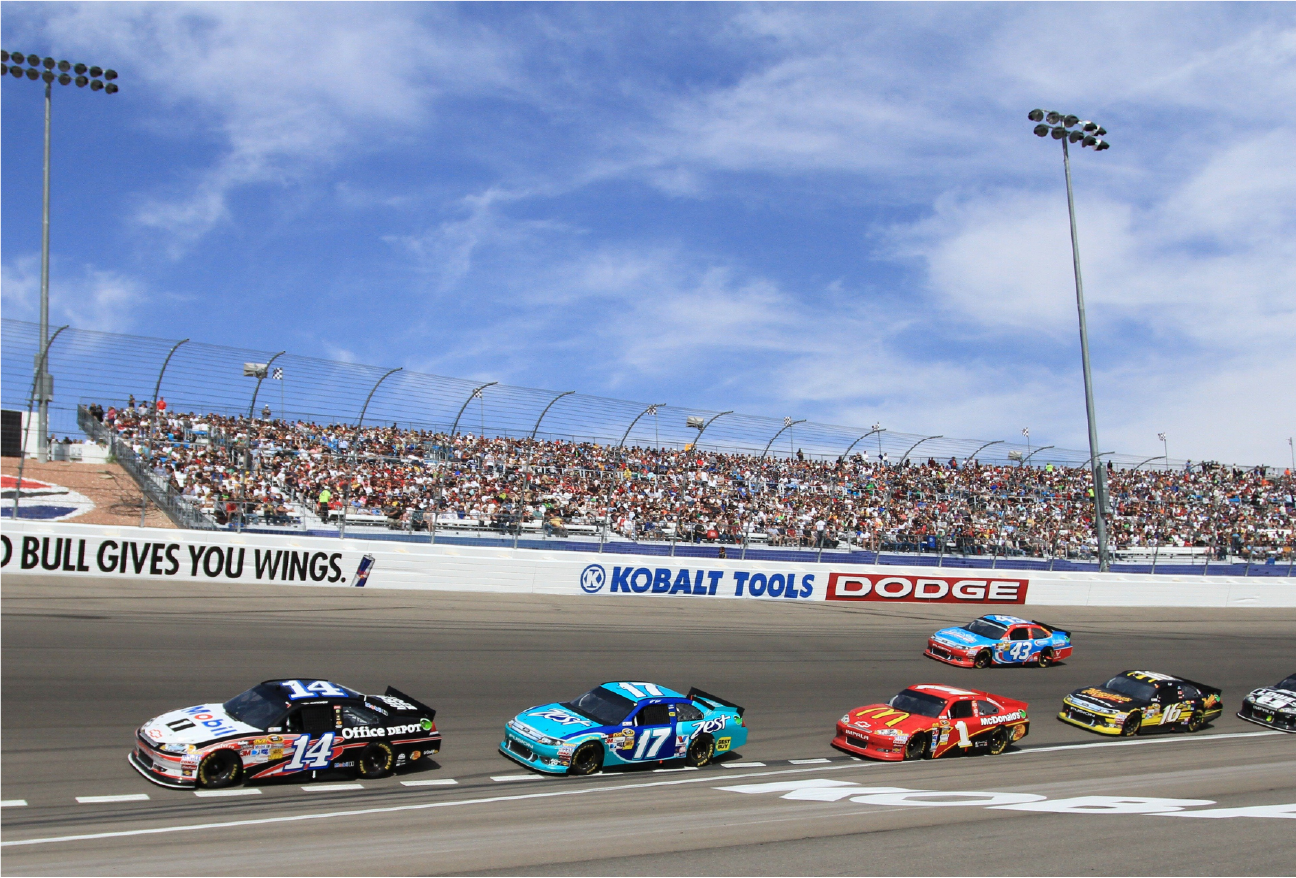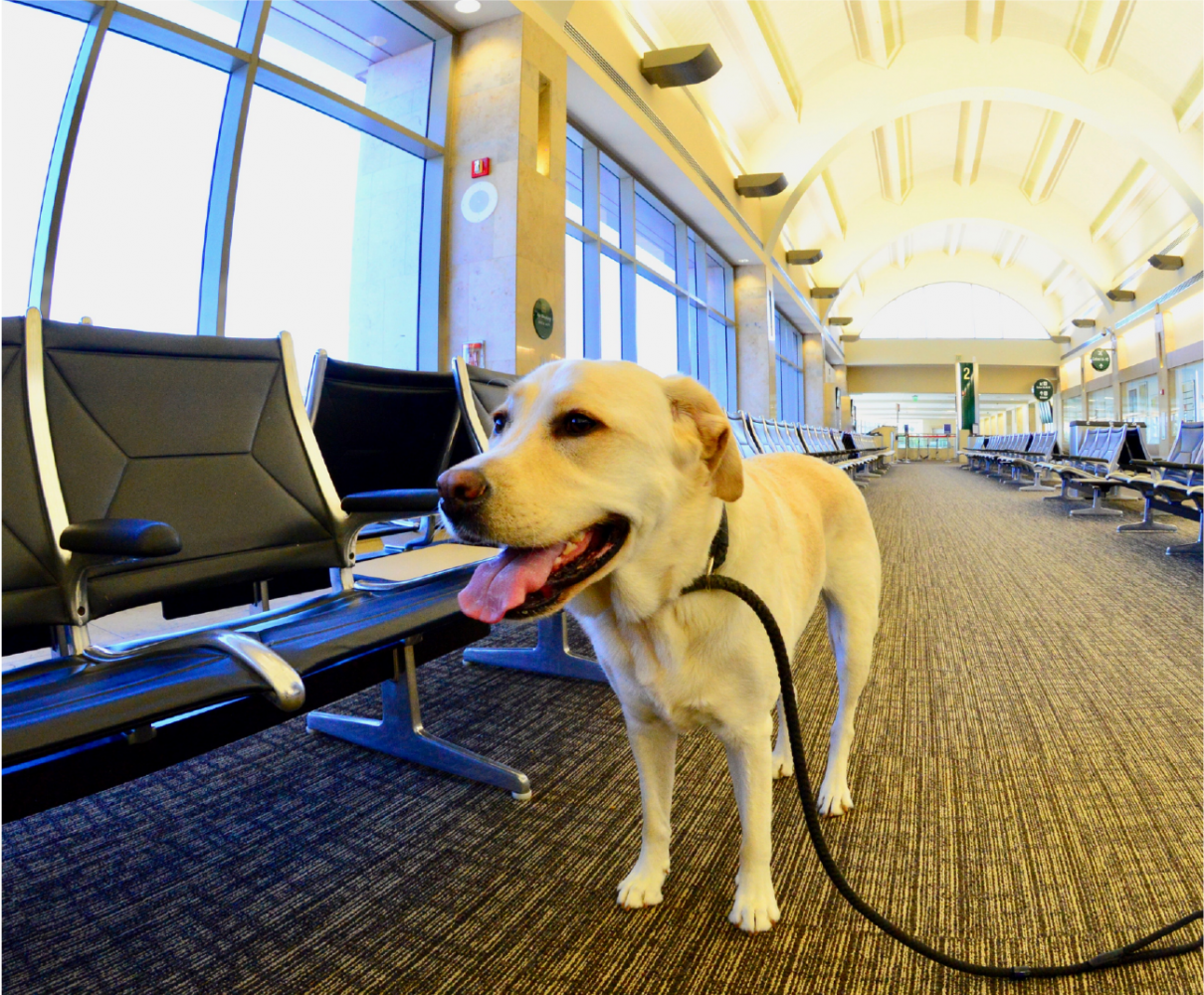Canines in COVID Response

Dogs' incredible noses can boast up to 300 million olfactory receptors allowing them to detect things people simply can't, including COVID-19.
COVID-19 dominates the news, and all hands are on deck across various industries to create new and innovative ways to fight the virus. Now, even dogs have been recruited to fight against COVID-19.
Ever since their domestication, dogs have been used by people to take advantage of their unique abilities. One of the dogs' core abilities really stands out in the fight against COVID-19, their ability to sniff things out with extraordinary accuracy. In recent years, dogs have been used to sniff out all sorts of things from illegal contraband to even cancer.
Universities Teach Canines to Detect COVID-19
All over the world, dogs are being trained at universities to detect COVID-19. Some of these dogs are learning to sniff out COVID-19 at Florida International University. The university has been training four dogs: Cobra, One Betta, and two rescue dogs, Mac and Hubble, to smell for maximum coverage. These dogs with jobs are planned to be used to detect any traces of COVID-19 before any faculty or students enter rooms and designate them for further disinfection should traces of the virus be found. In Bangkok, professors at Chulalongkorn University are also teaching dogs how to sniff out COVID-19. The projects lead, Kaywalee Chatdarong, claims that their dogs can smell COVID-19 in the sweat of people who are infected in "one to two seconds... even in the absence of disease symptoms."
A New Trend? Virus-Detecting Dogs at Professional Sporting Events
 This COVID-19 scent detection is now being used at sporting events. In January, the Miami Heat announced that fans would be sniffed by dogs as an added measure to prevent COVID-19 from attending any games. Guests who are found with COVID-19 in their scent would be denied entry along with anyone in their group. In Atlanta, NASCAR will be working with 360 K9 Group to send in dogs to detect COVID-19 and minimize exposure to the virus. Managing Director of Racing Operations, Tom Bryant said that essential crews, 'that's race teams, that's NASCAR officials, that's the vendors that work inside the garage," will be sniffed by the dogs, and should anyone be singled out by the dogs, they would then be taken aside and given a test by physicians working for the American Medical Response to double-check whether they indeed had the virus. Fans who attended the race as well as competing drivers would not be subject to these tests. At the time of writing, dogs at these events were there on a trial basis. Whether or not they will continue the trial, or be used at other sporting events, remains to be seen.
This COVID-19 scent detection is now being used at sporting events. In January, the Miami Heat announced that fans would be sniffed by dogs as an added measure to prevent COVID-19 from attending any games. Guests who are found with COVID-19 in their scent would be denied entry along with anyone in their group. In Atlanta, NASCAR will be working with 360 K9 Group to send in dogs to detect COVID-19 and minimize exposure to the virus. Managing Director of Racing Operations, Tom Bryant said that essential crews, 'that's race teams, that's NASCAR officials, that's the vendors that work inside the garage," will be sniffed by the dogs, and should anyone be singled out by the dogs, they would then be taken aside and given a test by physicians working for the American Medical Response to double-check whether they indeed had the virus. Fans who attended the race as well as competing drivers would not be subject to these tests. At the time of writing, dogs at these events were there on a trial basis. Whether or not they will continue the trial, or be used at other sporting events, remains to be seen.
Sniffing Out COVID-19 in Airports and Other Travel
 Other high traffic locations using canines for COVID-19 include airports, bus terminals, and even border posts. Working in conjunction with the University of Helsinki in Finland, Helsinki-Vantaa airport has put teams of dogs to work sniffing out COVID-19. The university has even made the claim that their dogs can sniff out the virus with close to "100% accuracy, even days before a patient developed symptoms". In Chile, police are training Golden Retrievers and Labradors to sniff out COVID-19. They specifically chose these breeds because "they're cuddly and cute rather than threatening" so as to put citizens they may encounter at ease. Now in Central America, police from El Salvador are training with dogs in Mexico so that they too can detect COVID-19 for use in bus terminals, airports, and even border posts. Dogs' abilities to sniff things out are so highly regarded there that one trainer, Daniel Valentin Ortega, even went so far as to say that dogs are "infallible animals. They're never wrong".
Other high traffic locations using canines for COVID-19 include airports, bus terminals, and even border posts. Working in conjunction with the University of Helsinki in Finland, Helsinki-Vantaa airport has put teams of dogs to work sniffing out COVID-19. The university has even made the claim that their dogs can sniff out the virus with close to "100% accuracy, even days before a patient developed symptoms". In Chile, police are training Golden Retrievers and Labradors to sniff out COVID-19. They specifically chose these breeds because "they're cuddly and cute rather than threatening" so as to put citizens they may encounter at ease. Now in Central America, police from El Salvador are training with dogs in Mexico so that they too can detect COVID-19 for use in bus terminals, airports, and even border posts. Dogs' abilities to sniff things out are so highly regarded there that one trainer, Daniel Valentin Ortega, even went so far as to say that dogs are "infallible animals. They're never wrong".
CURIS Kills COVID-19 and Other, Harder-to-Kill Germs*
Infection prevention and control is essential across all industries and public settings where pathogens cause harm. CURIS Decontamination System's Hybrid Hydrogen Peroxide™ system was specifically designed for high-level disinfection and portability in a multitude of settings, enabling users to disinfect a space without entering it and shielding personnel from contact with chemicals or harmful pathogens.
*C. diff in a tri-part soil load